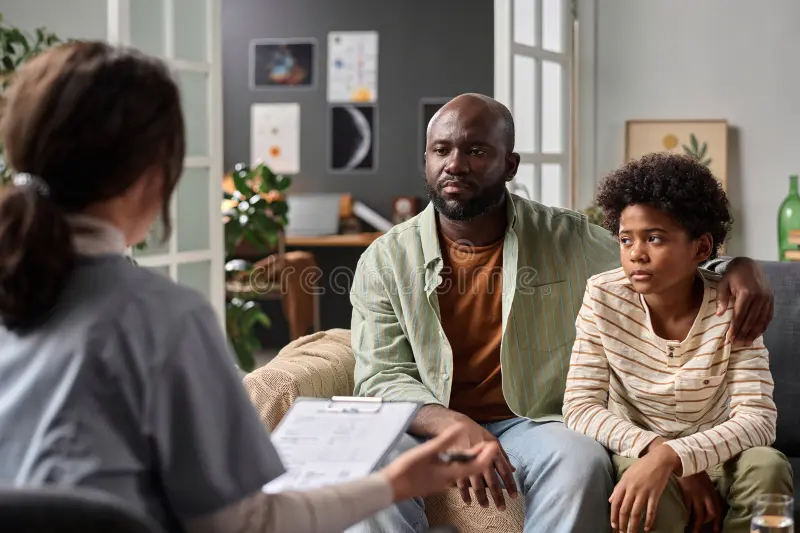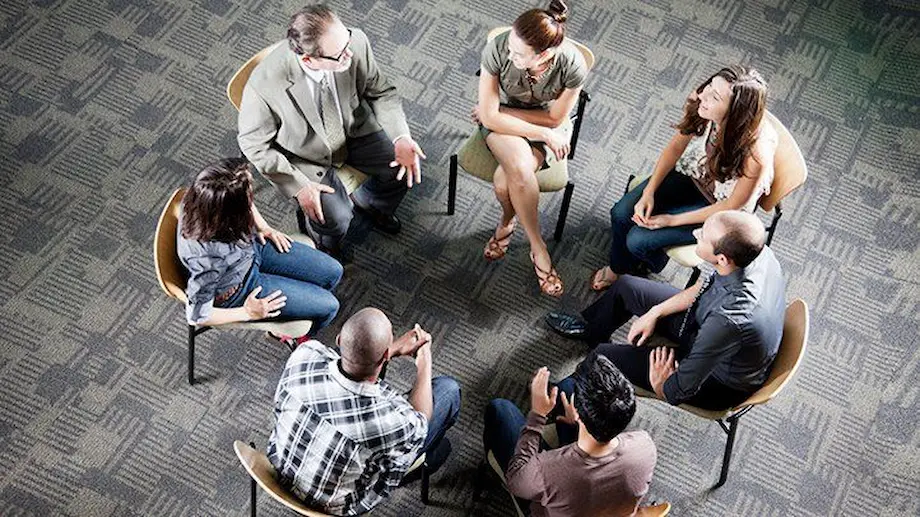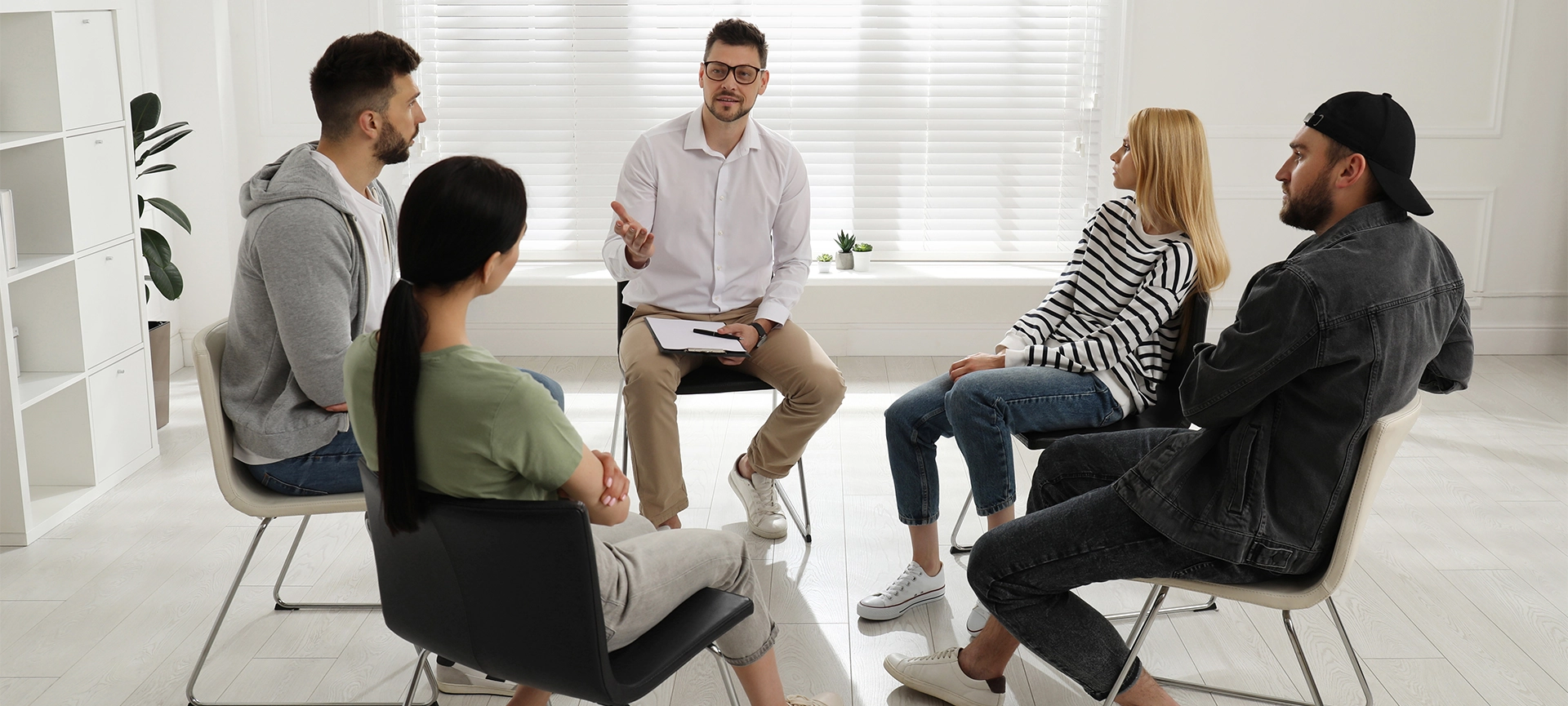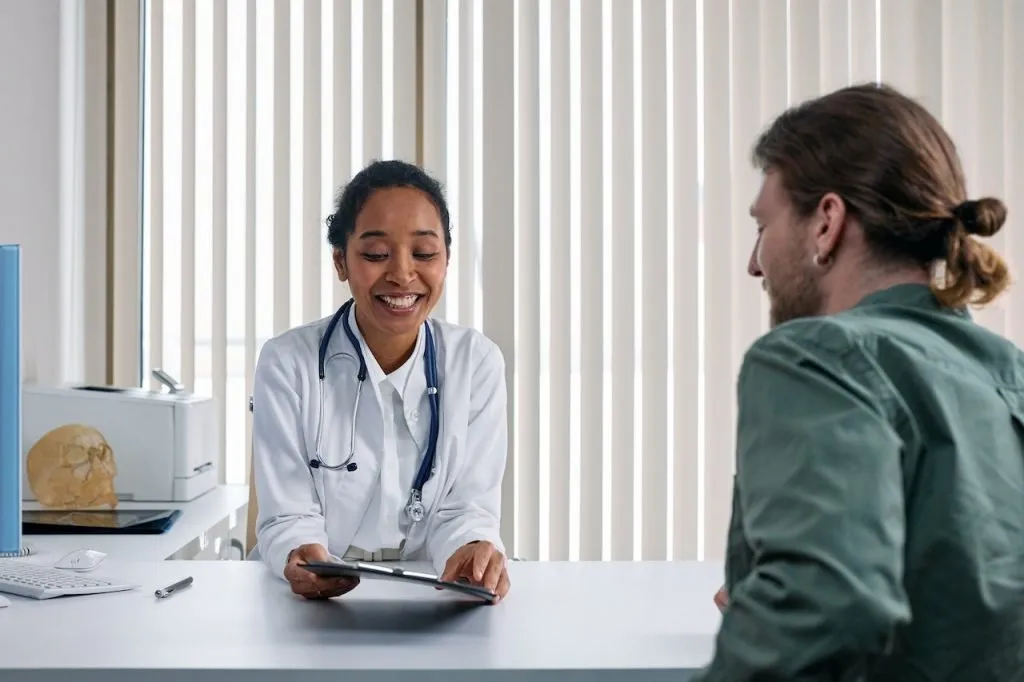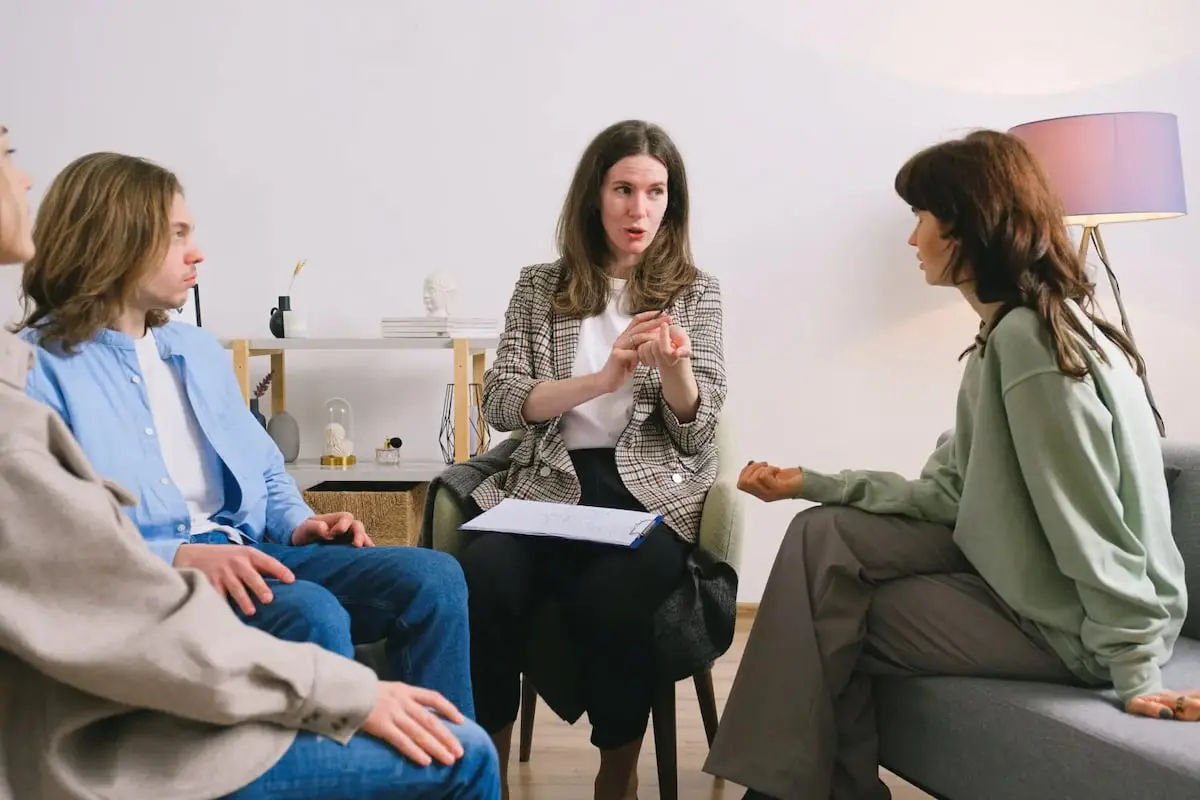24/7 Helpline:
(866) 899-221924/7 Helpline:
(866) 899-2219
Other Insurance Options

Anthem

Kaiser Permanente

Sliding scale payment assistance

Magellan Health

Holman Group

PHCS Network

BlueShield

Humana

Medical Mutual of Ohio

Providence

Regence

Aetna

Magellan

Access to Recovery (ATR) Voucher

Private insurance

American Behavioral

CareFirst

Lucent

MVP Healthcare

Absolute Total Care



Mid South Health Systems
Mid South Health Systems (Arisa Health) is a drug and alcohol rehab in West Memphis, Arkansas. They ...

OakRidge Behavioral Center
OakRidge Behavioral Center is a drug and alcohol rehab in West Memphis, Arkansas. They provide inpat...

Cummins Behavioral Health Services
Cummins Behavioral Health Services is an outpatient mental health care and addiction recovery facili...

Wabash Valley Alliance
Wabash Valley Alliance's mission is to provide quality behavioral health and addictions care based o...

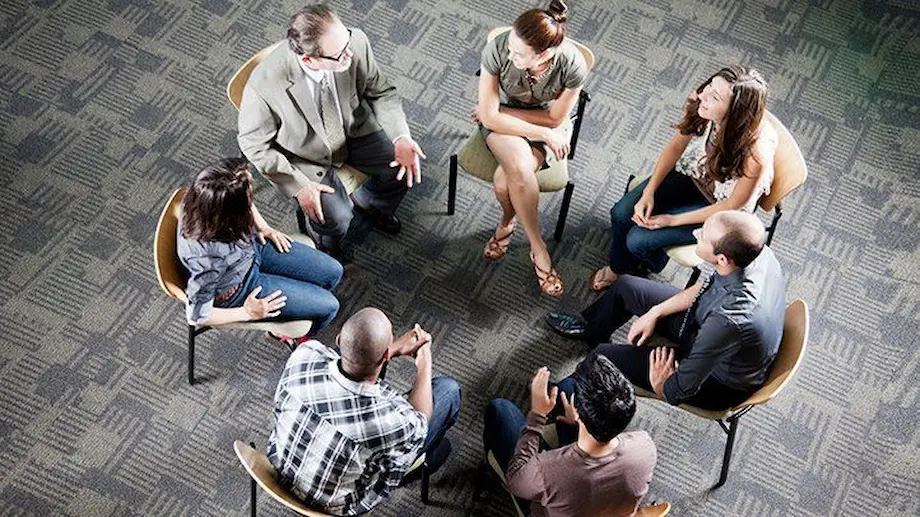



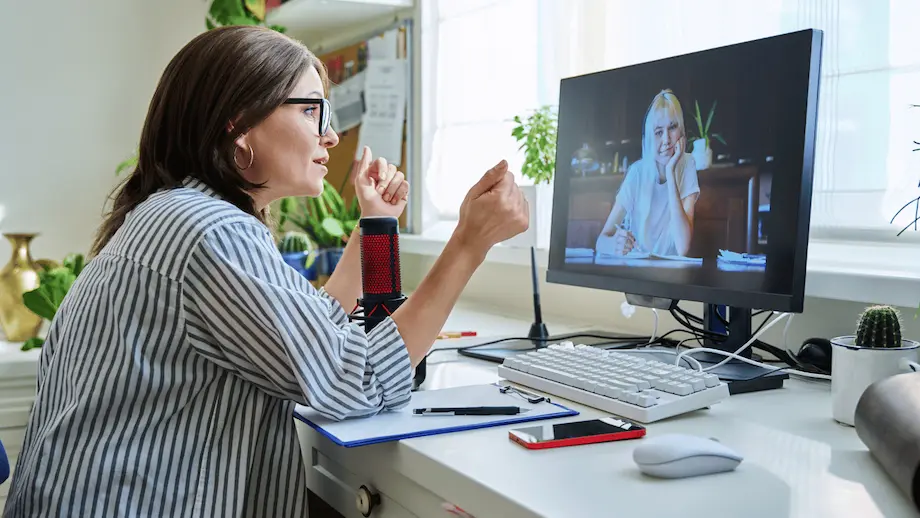


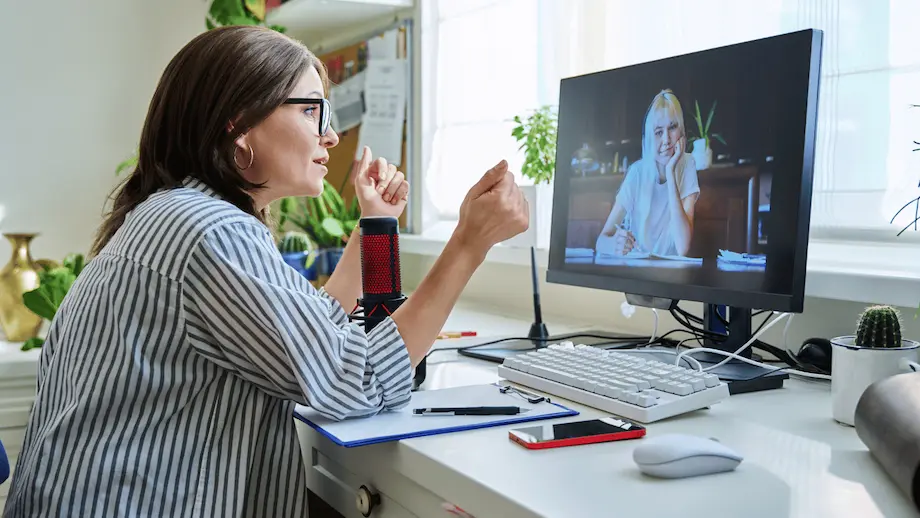


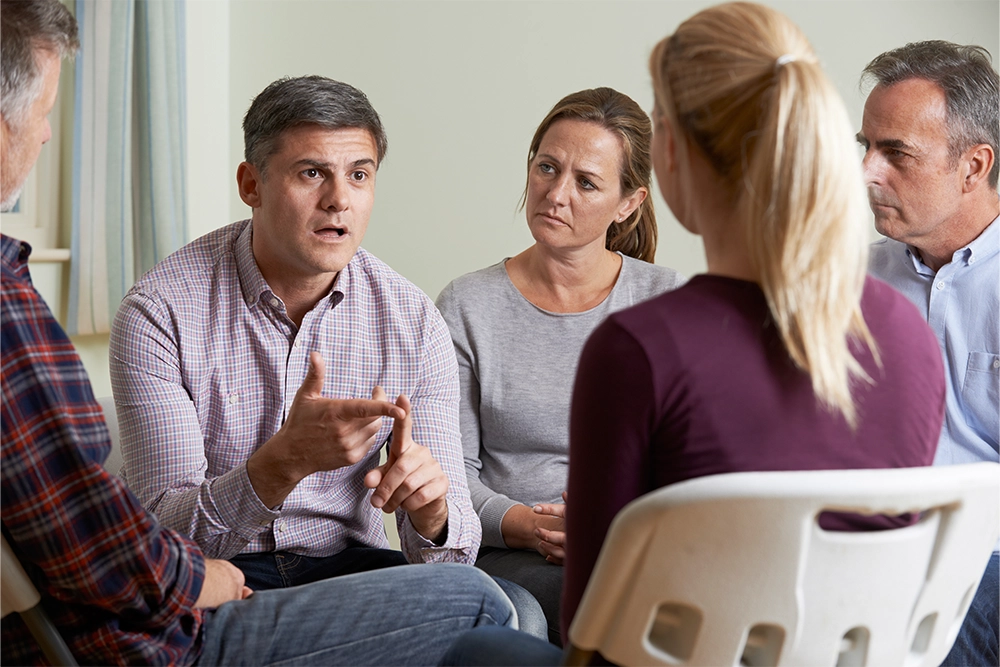
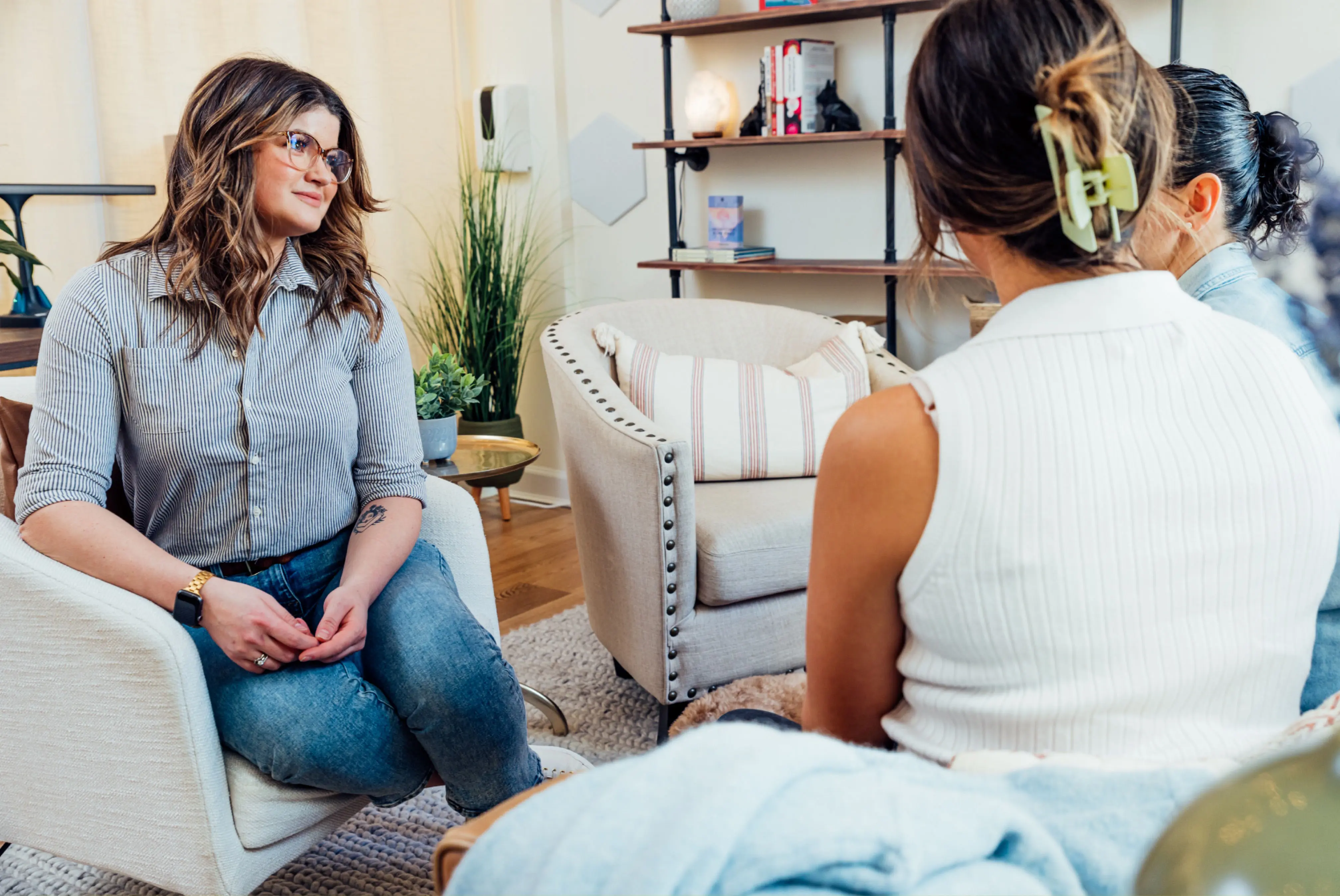

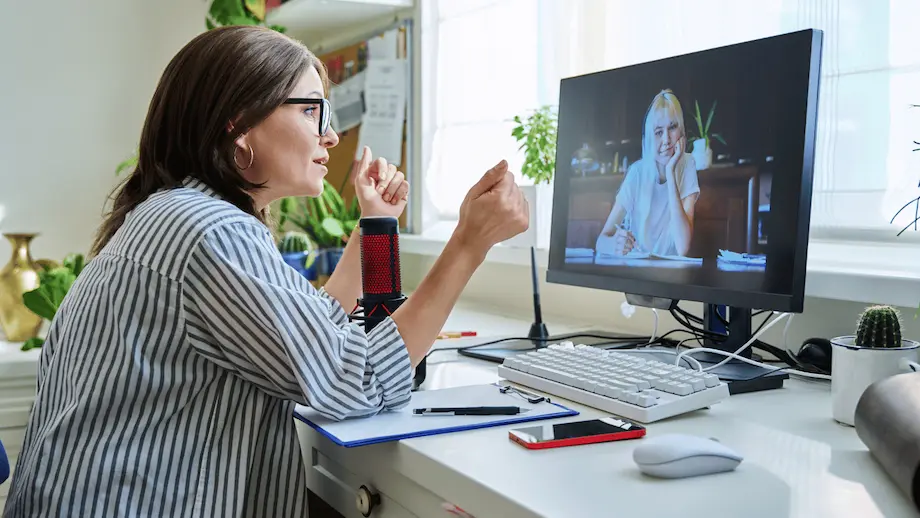
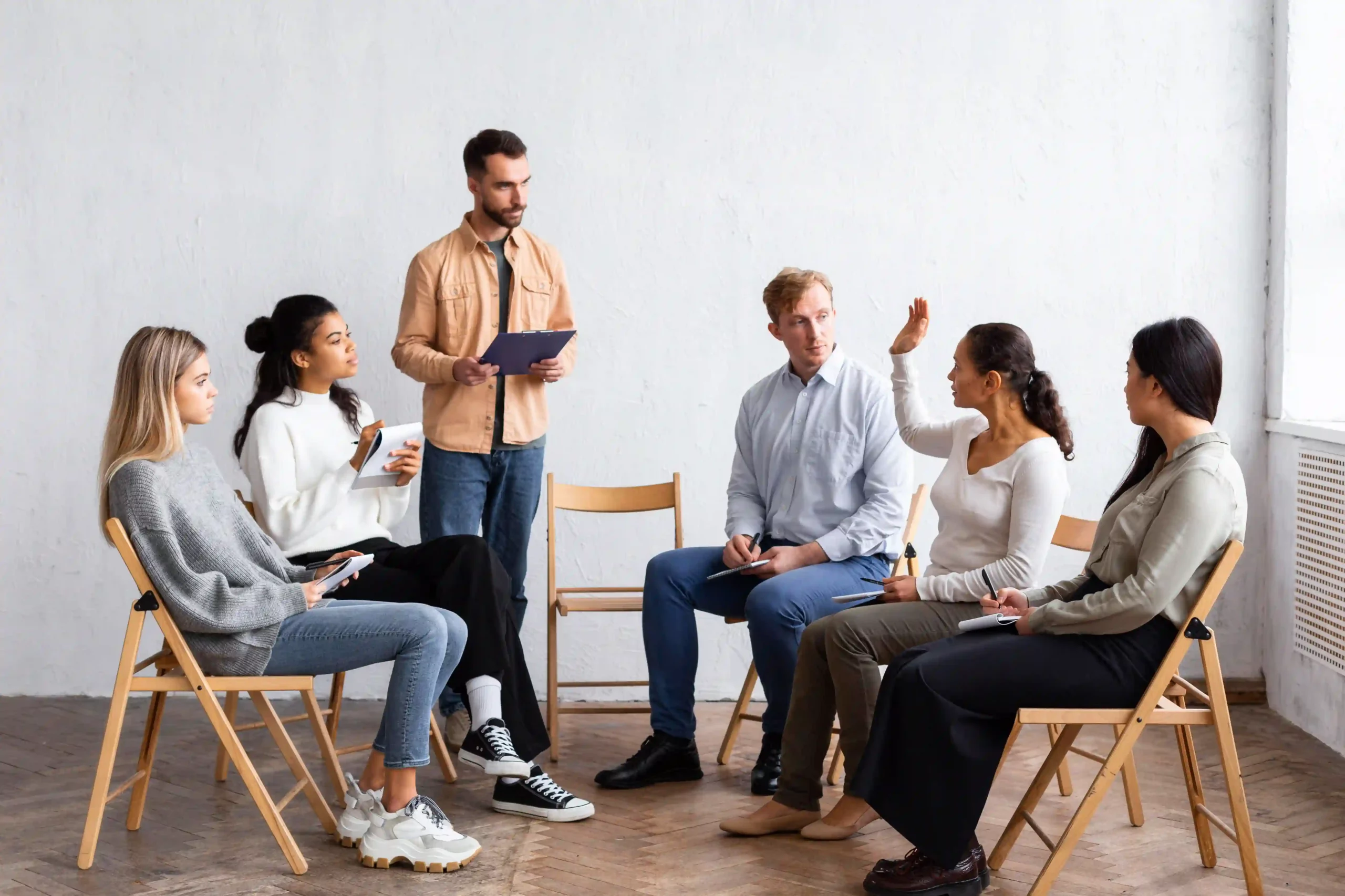




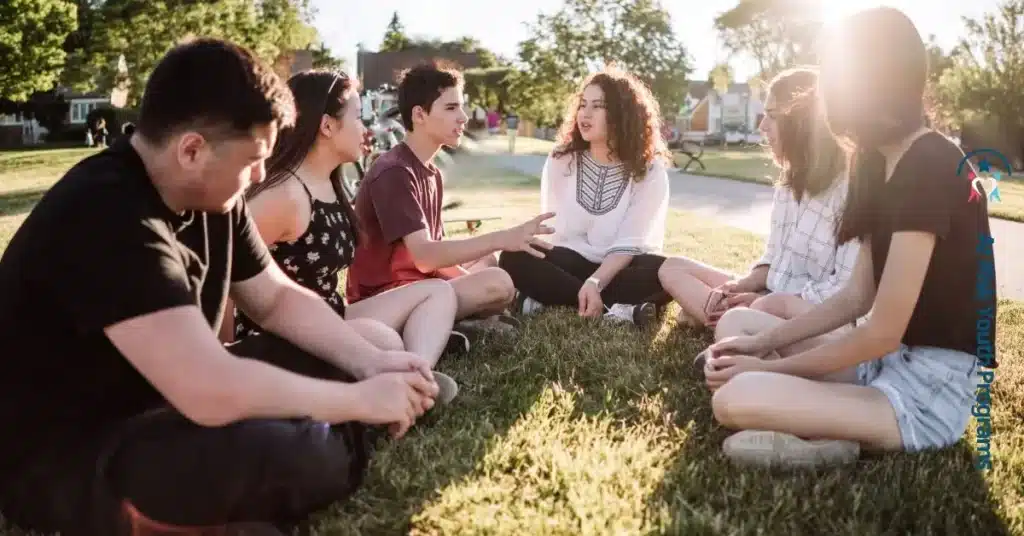
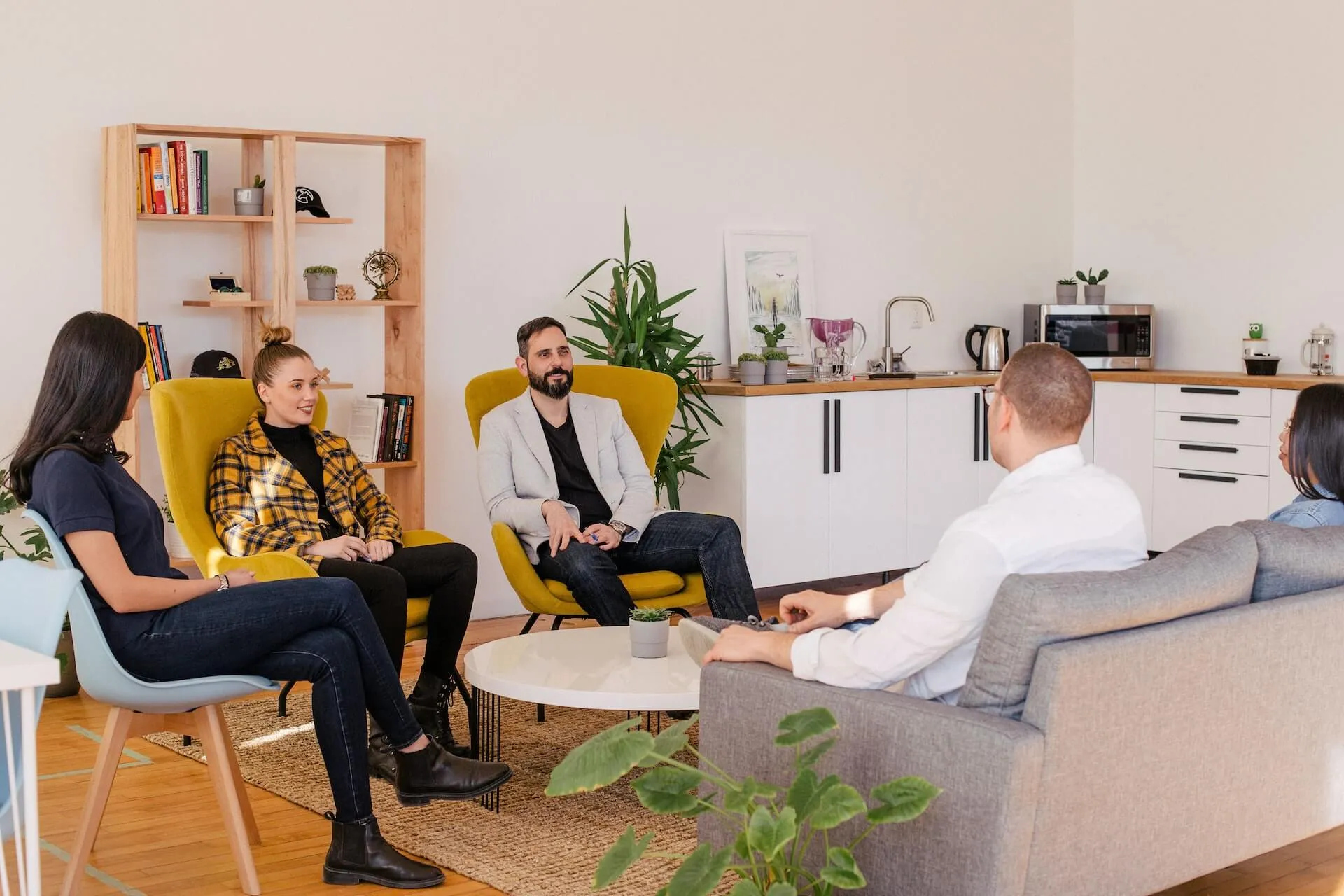



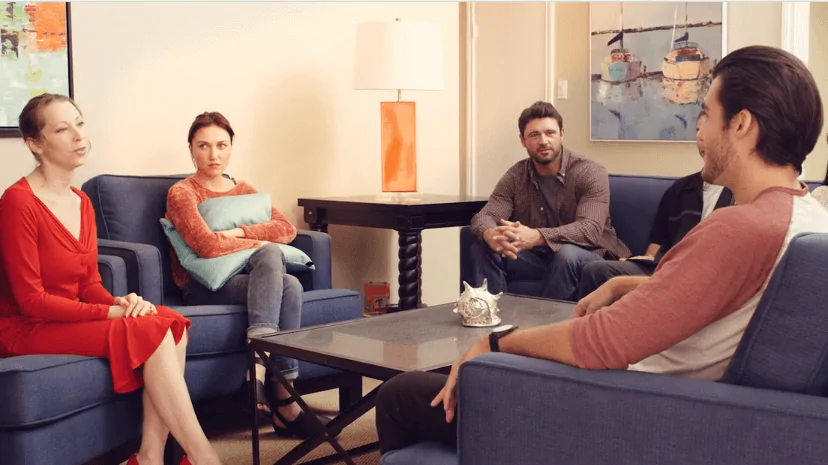
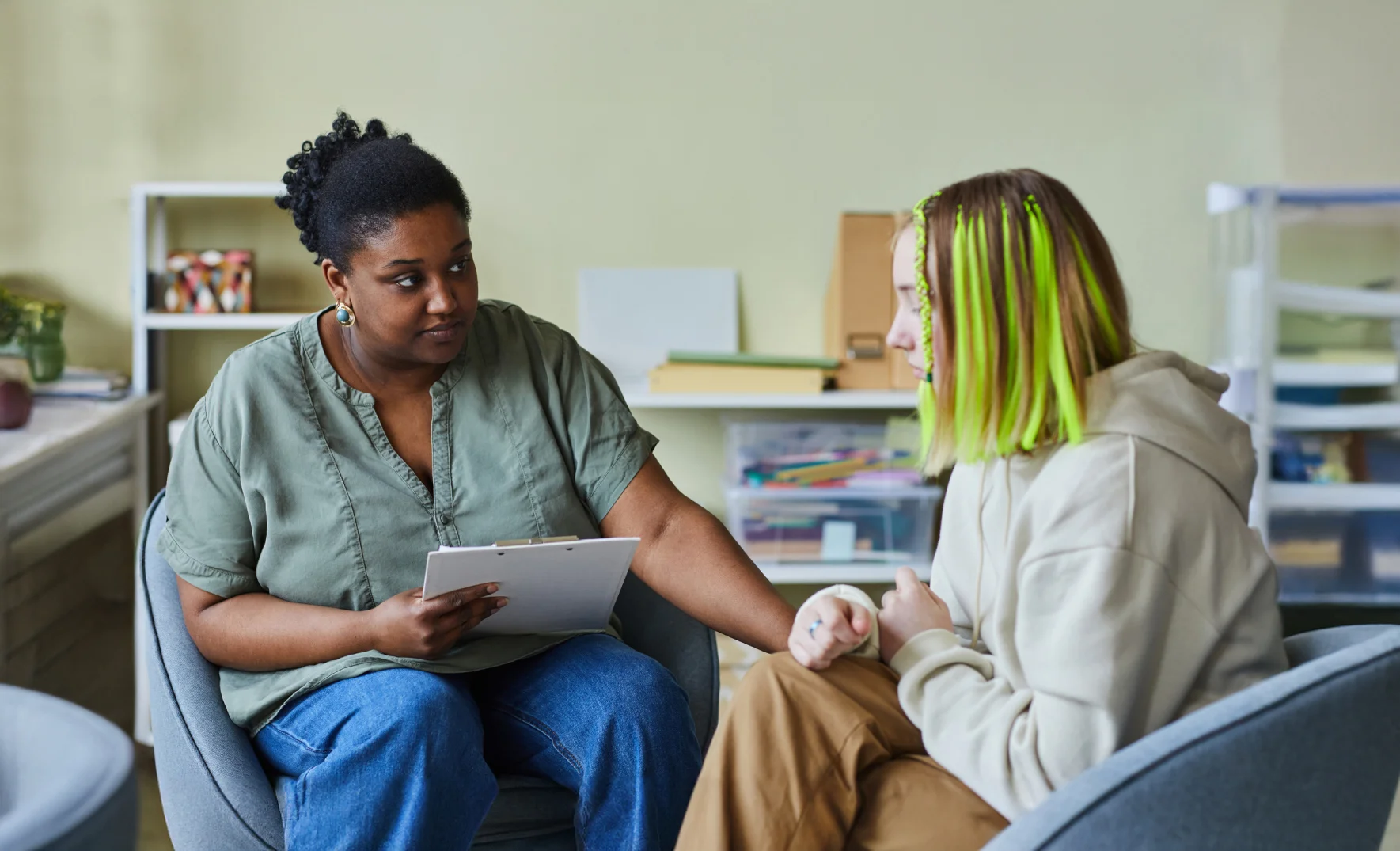


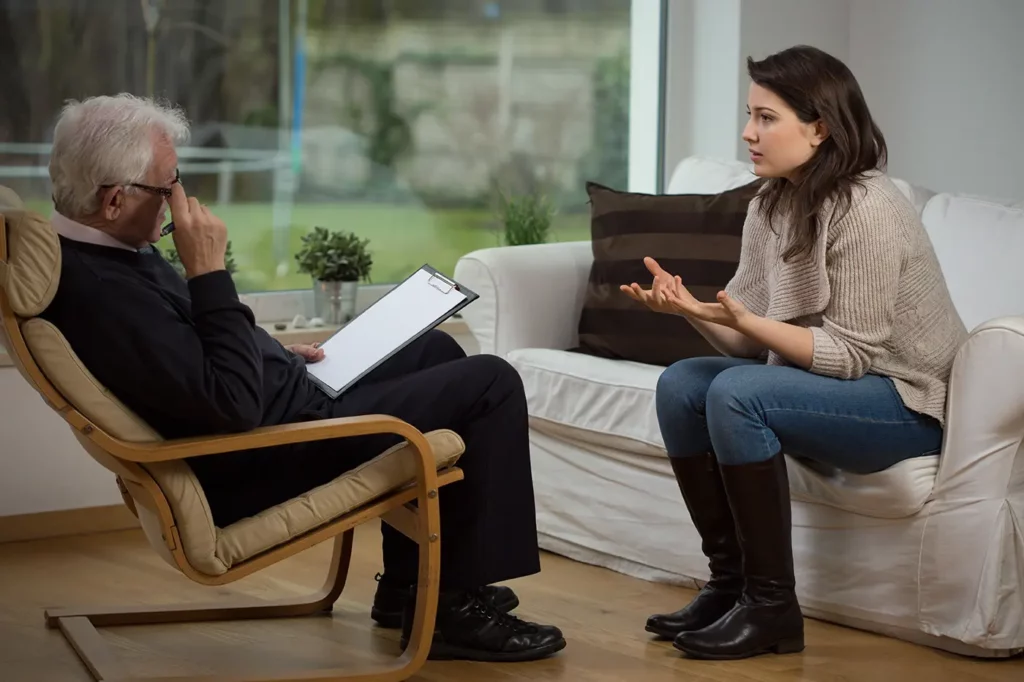







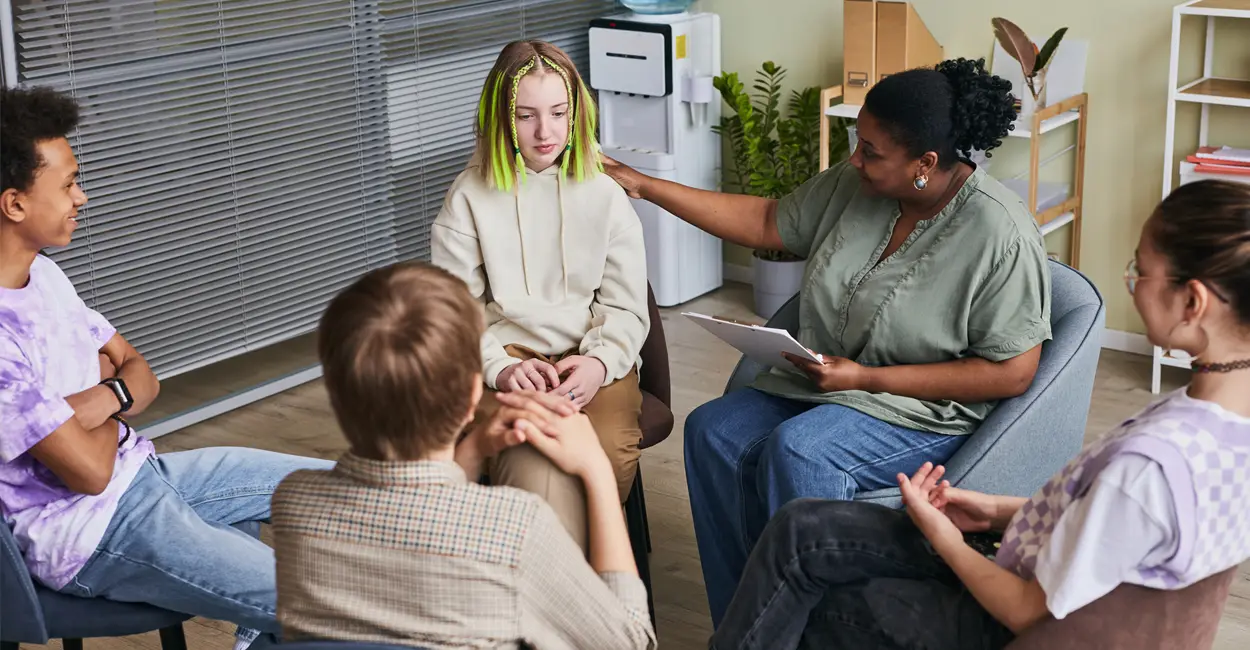
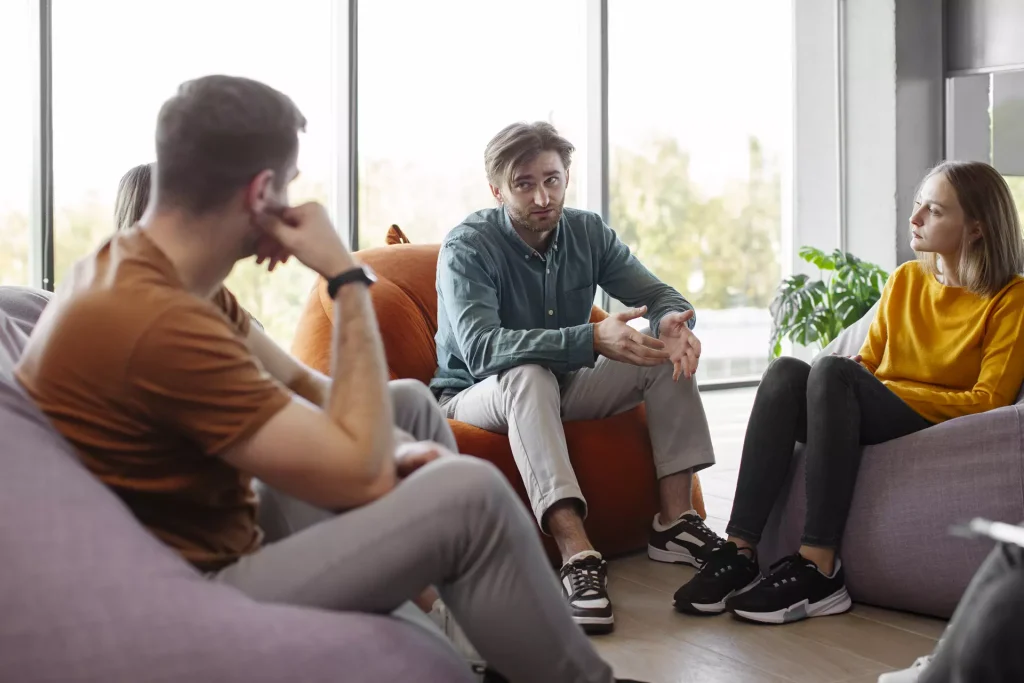

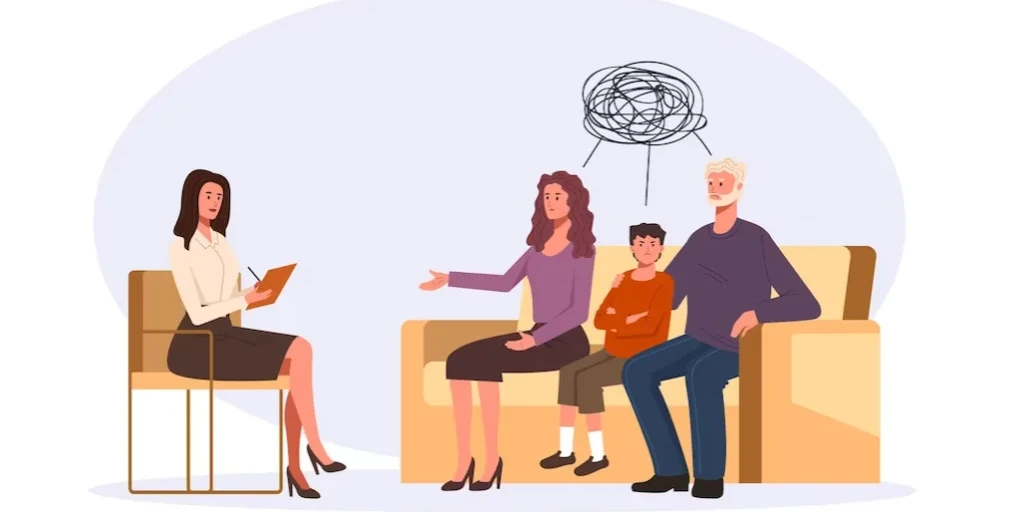
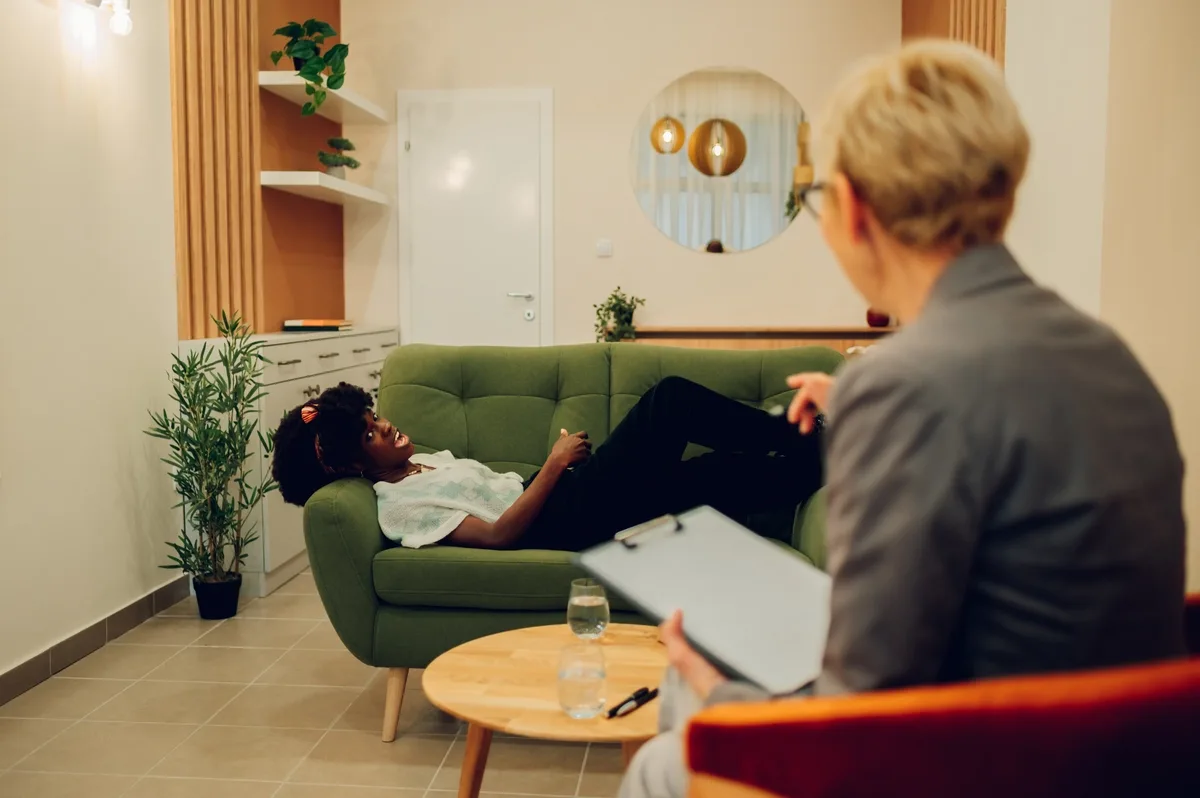


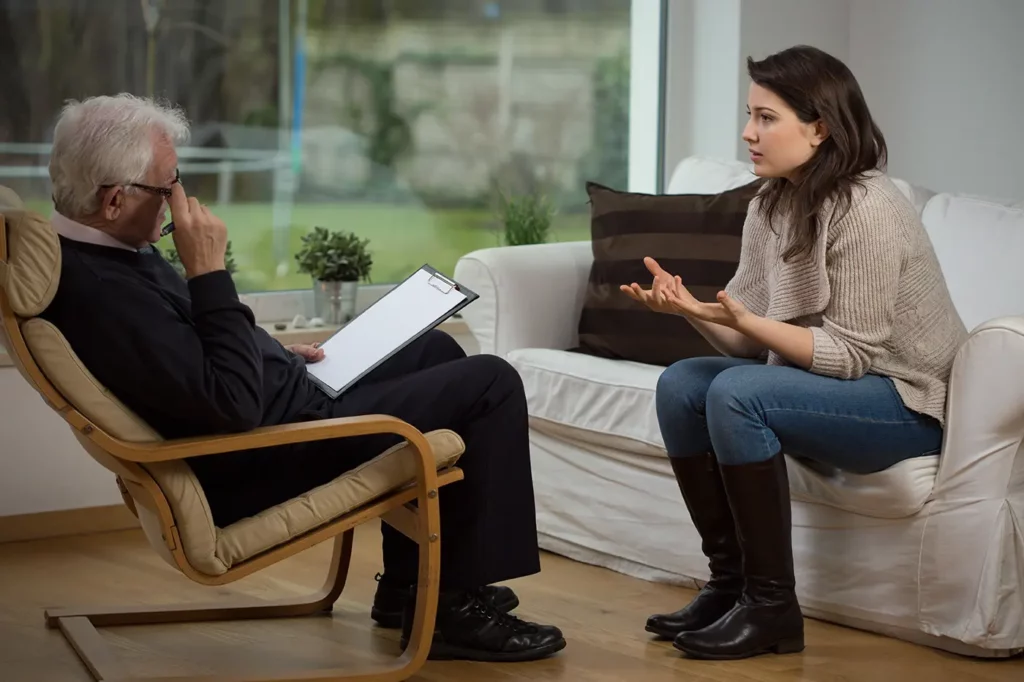

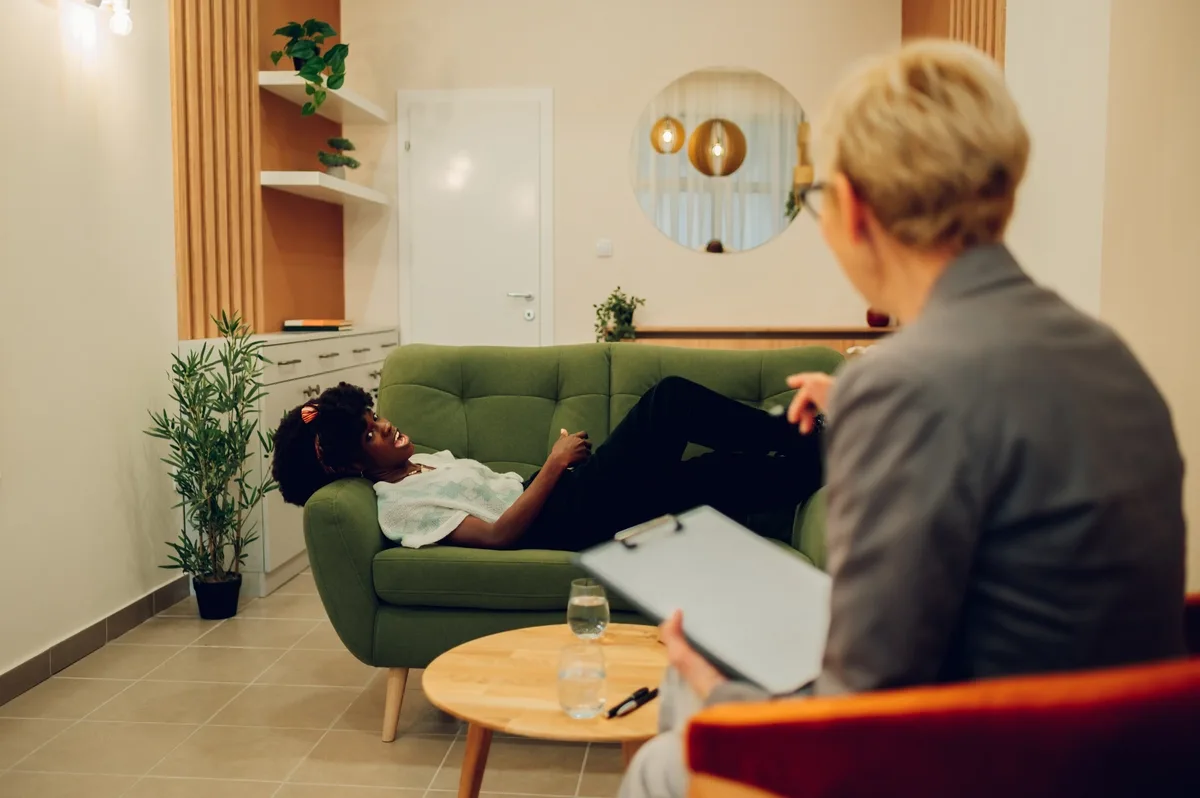

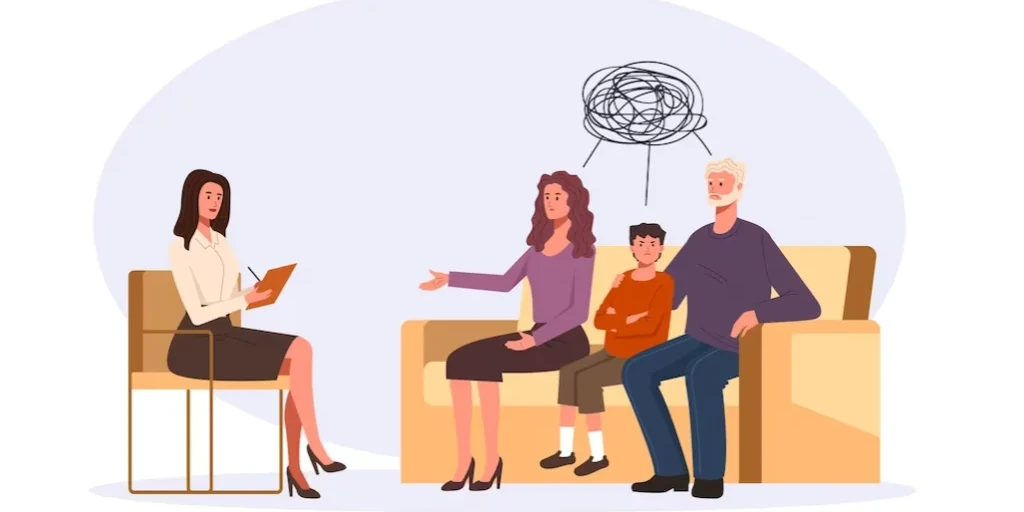
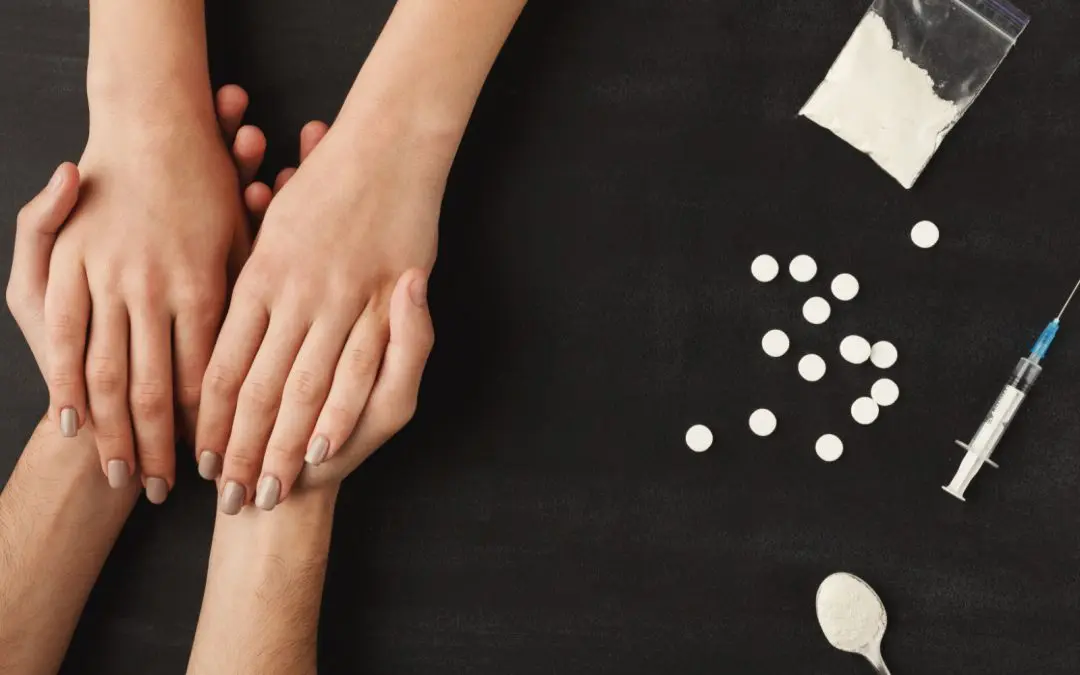

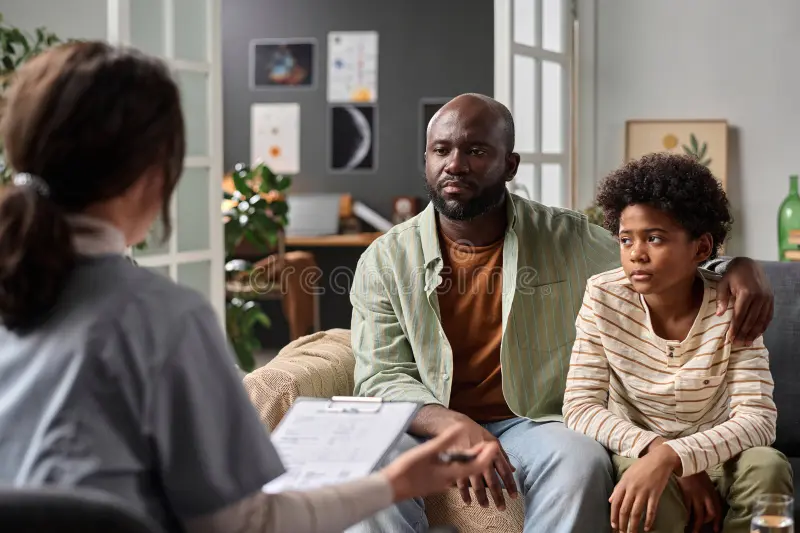






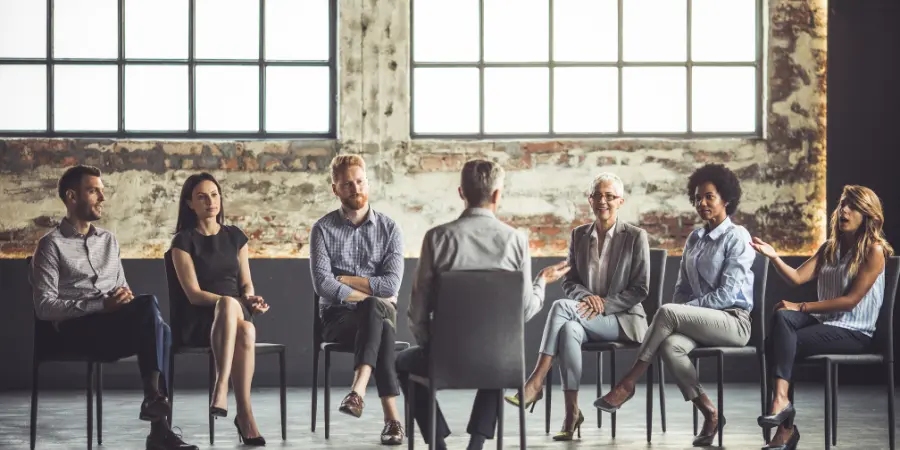

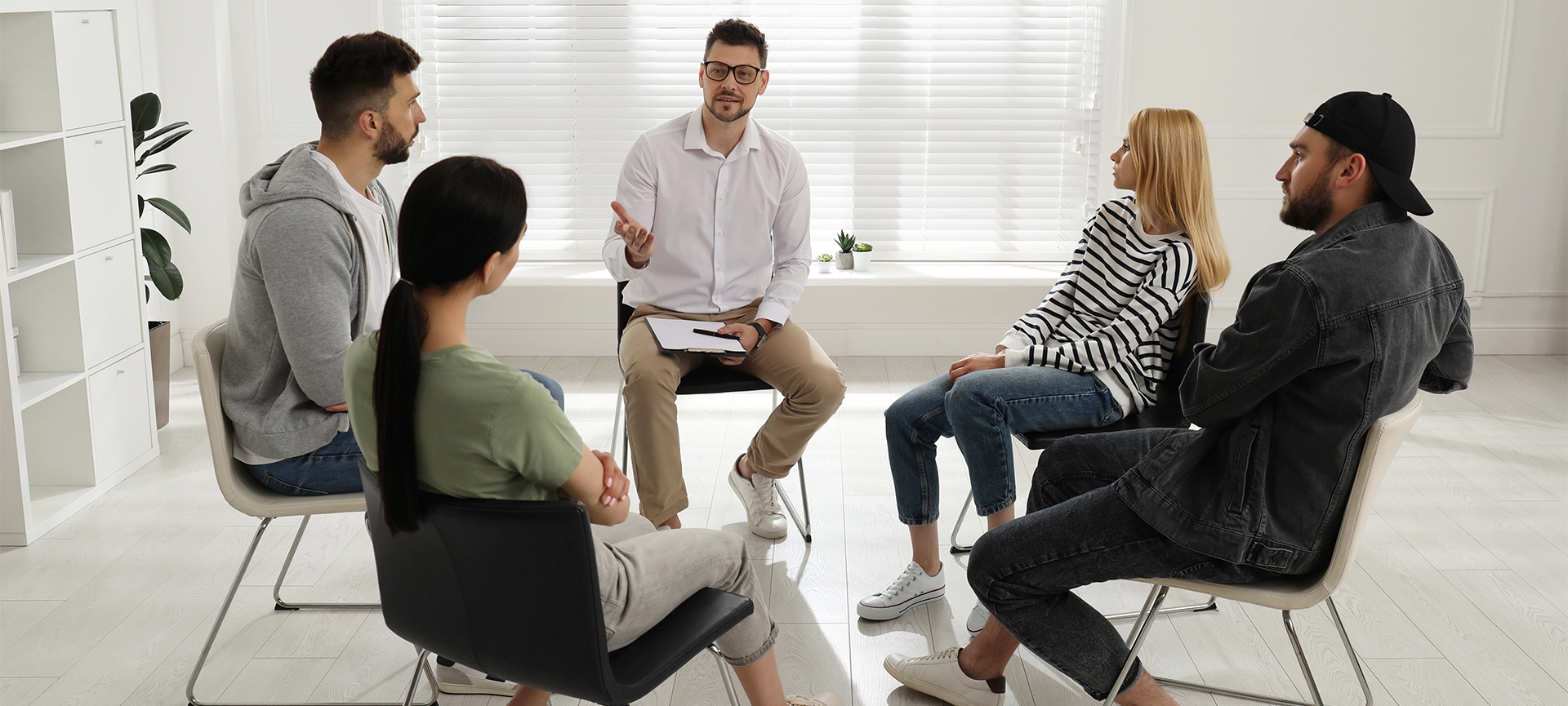

Life Strategies of Arkansas
Life Strategies of Arkansas is a private rehab located in Earle, Arkansas. Life Strategies of Arkans...

Life Strategies of Arkansas
Life Strategies of Arkansas is a drug and alcohol rehab in West Memphis, Arkansas. They provide a ra...

Logan Centers
Logan Centers is a drug and alcohol rehab in West Memphis, Arkansas. They provide outpatient counsel...

AlAnon and AlAteen
AlAnon and Alateen is a drug and alcohol addiction recovery support group in West Memphis, Arkansas....

Rainbow Recovery Resources
Rainbow Recovery Resources is a counseling clinic located in Crawfordsville, IN. Rainbow Recovery Re...

Saint Elizabeth Behavioral Health
Saint Elizabeth Behavioral Health is a private rehab located in Crawfordsville, Indiana. Saint Eliza...

Valley Oaks Health (Crawfordsville)
Valley Oaks Health (Crawfordsville) is a private rehab located in Crawfordsville, Indiana. Valley Oa...


































